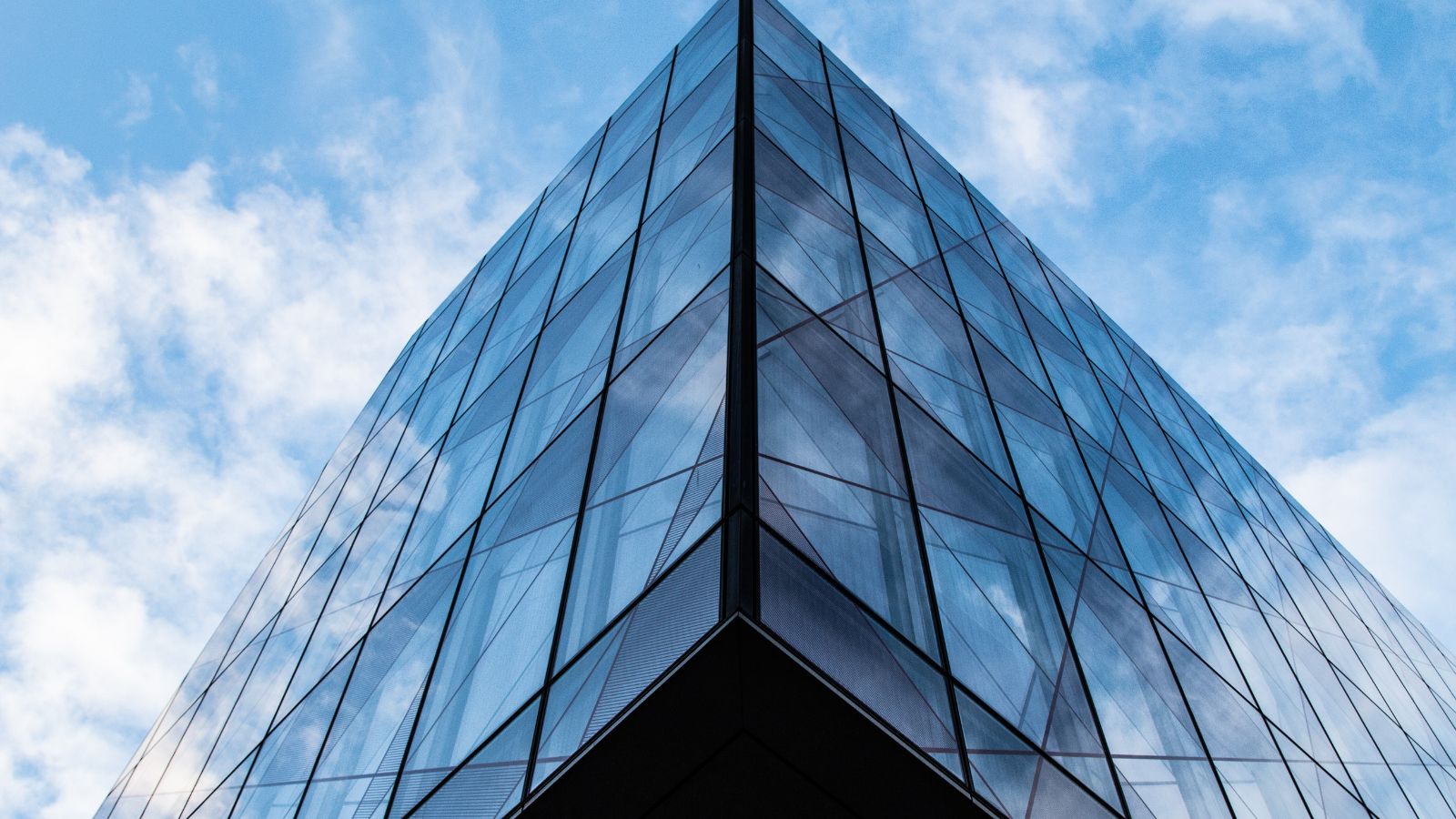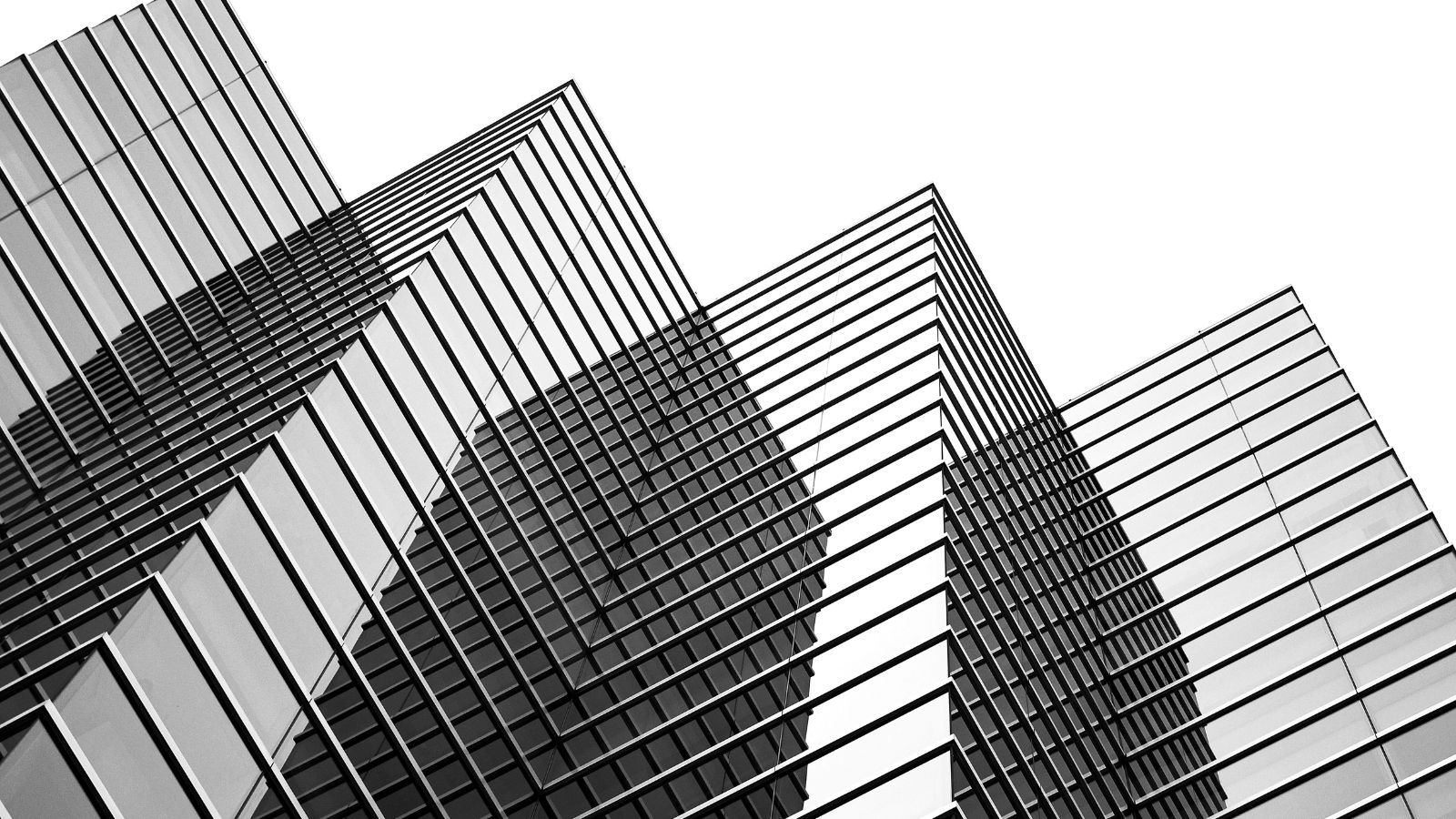Whether you’re a homeowner, property manager, or real estate mogul, building repairs and maintenance should be at the top of your priorities list. It’s not just about aesthetics; it’s about safety, longevity, and value.
This article delves into the importance of regular building upkeep and how it can save you from costly and avoidable repairs down the line. From the basics of routine maintenance to the intricacies of major repairs, we’ve got you covered.
Building Repairs and Maintenance
The Importance of Routine Maintenance
Routine maintenance, an integral part of property management, guaranteed longevity and maintained the value of buildings. Regular checks and minor repairs safeguarded properties and residents, ensuring safe and comfortable living environments. Consider the maintenance of these structural systems:
- Plumbing: Regular inspections for leaks and blockages, if not performed, result in major plumbing system failures.
- Electrical: Routine wiring checks prevent fire hazards.
- HVAC: Regular servicing of heating, ventilation and air conditioning systems extend their lifespan.
- Roofing: Regular roofing inspection could prevent leaks, structural damage and expensive replacements.
By staying proactive with routine maintenance, property owners achieve significant savings by avoiding extensive repairs.
Identifying Common Repair Needs
Apart from routine checks and maintenance, identifying potential repair needs contributes to efficient property management. Changes to any building, no matter how minor or major, might indicate the need for repairs. Here are a few examples:
- Dampness: Signs of moisture, especially in the walls or ceiling, often indicate a leaking pipe or roofing issue.
- Cracks: Noticeable cracks on the walls or floors might signify foundation problems.
- Electrical Issues: Flickering lights or frequently tripped circuit breakers signal electrical system issues.
Property managers must develop an eye for catching these signs early to preserve the building’s condition and value without incurring hefty repair costs. By understanding and addressing these common repairs, they provide a safe and satisfying living experience for the residents.
 Planning and Budgeting for Maintenance
Planning and Budgeting for Maintenance
In planning and budgeting for maintenance, property owners may find it beneficial to develop a consistent schedule and accurately estimate the allocation of funds. This involves understanding the potential repairs that might arise, and the cost implications of such repairs.
Developing a Maintenance Schedule
Developing a maintenance schedule emerges as a crucial step for regular upkeep. In fact, it serves as a proactive measure that enables homeowners and property managers to promptly and efficiently address potential issues, enhancing the property’s safety and durability. It entails inspecting different elements of the property, such as electrical systems, plumbing, roofing, and heating, ventilation, and air conditioning (HVAC) systems.
For instance, the electrical systems require routine checks for any signs of faulty wiring, while the plumbing systems need regular inspections for any signs of leaks. Roofs and HVAC systems should undergo maintenance annually. Schedules for these tasks vary, with some requiring attention more frequently than others. For thorough maintenance, experts recommend a detailed agenda that includes daily, weekly, monthly, and annual tasks.
 Preventative Measures to Minimise Repairs
Preventative Measures to Minimise Repairs
The implementation of preventative measures becomes a requisite element in maintaining properties’ health. Incorporating sure-fire steps for caution can result in more time in between repairs, mitigating scheduled costs over the long run.
Regular Inspections and Audits
Conducting regular inspections and audits stand as an informative step against potential property damage. Periodic budgets and assessments act significantly in detecting looming issues, after all, detecting dampness, cracks, or faults in the electrical system at an early stage decreases the likelihood of future costly repairs. High-pressured systems like HVAC and plumbing benefit greatly from this regular check-up regime. Professionals adept at scanning these complex systems recommend inspections to occur at least twice a year. For instance, an inspection at the onset of winter, ensures the heating system is in proper order, given its increased usage during the cold months.

